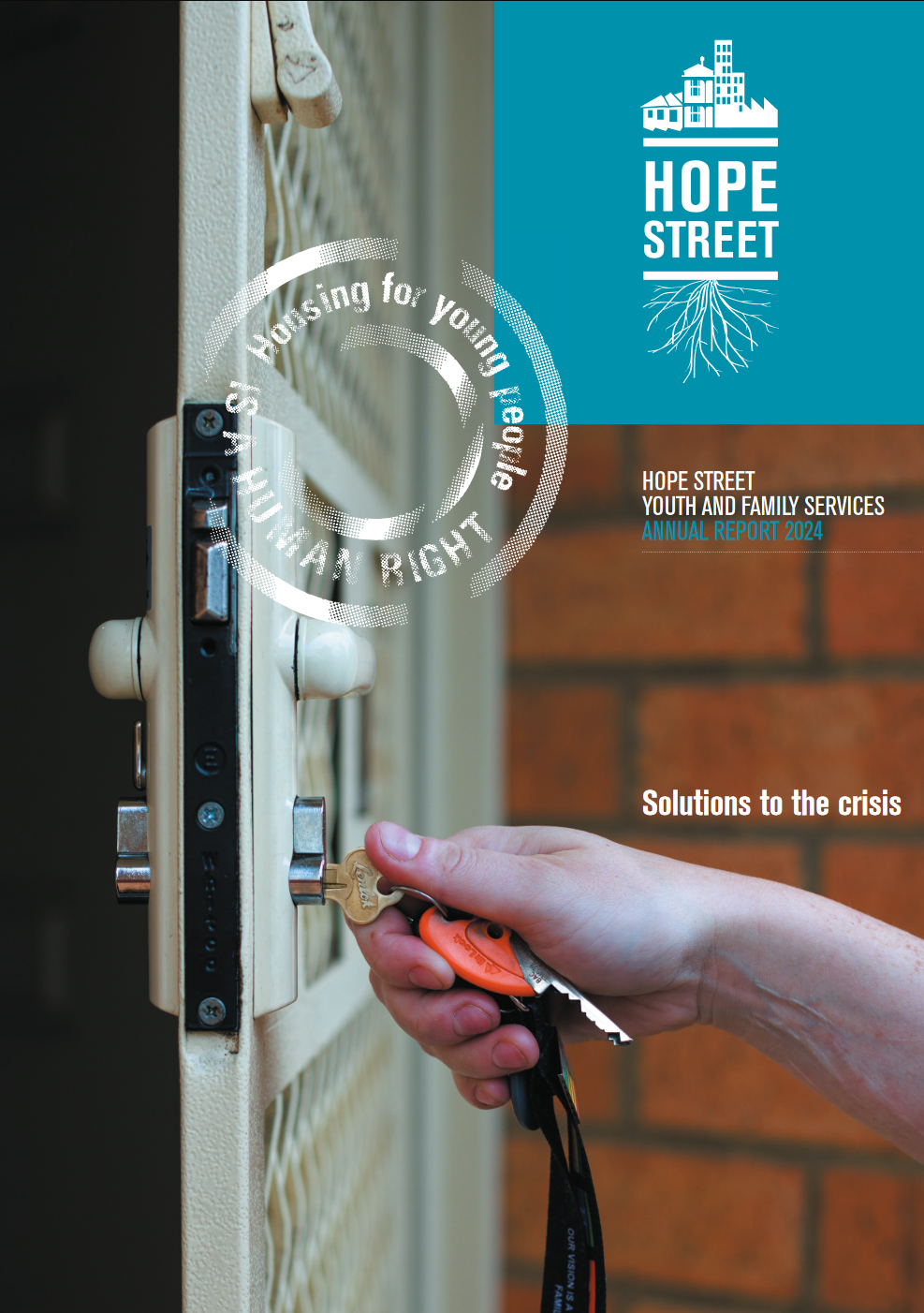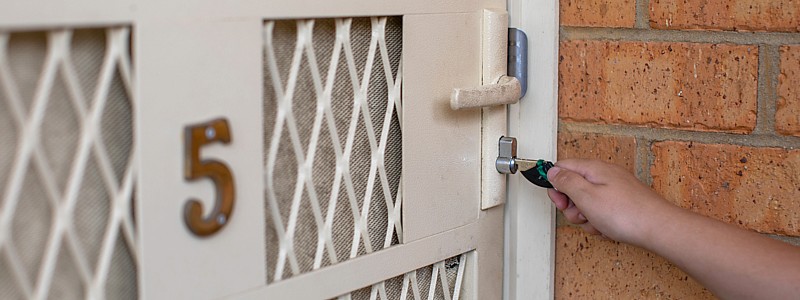Young people learn essential cooking skills at Hope Street
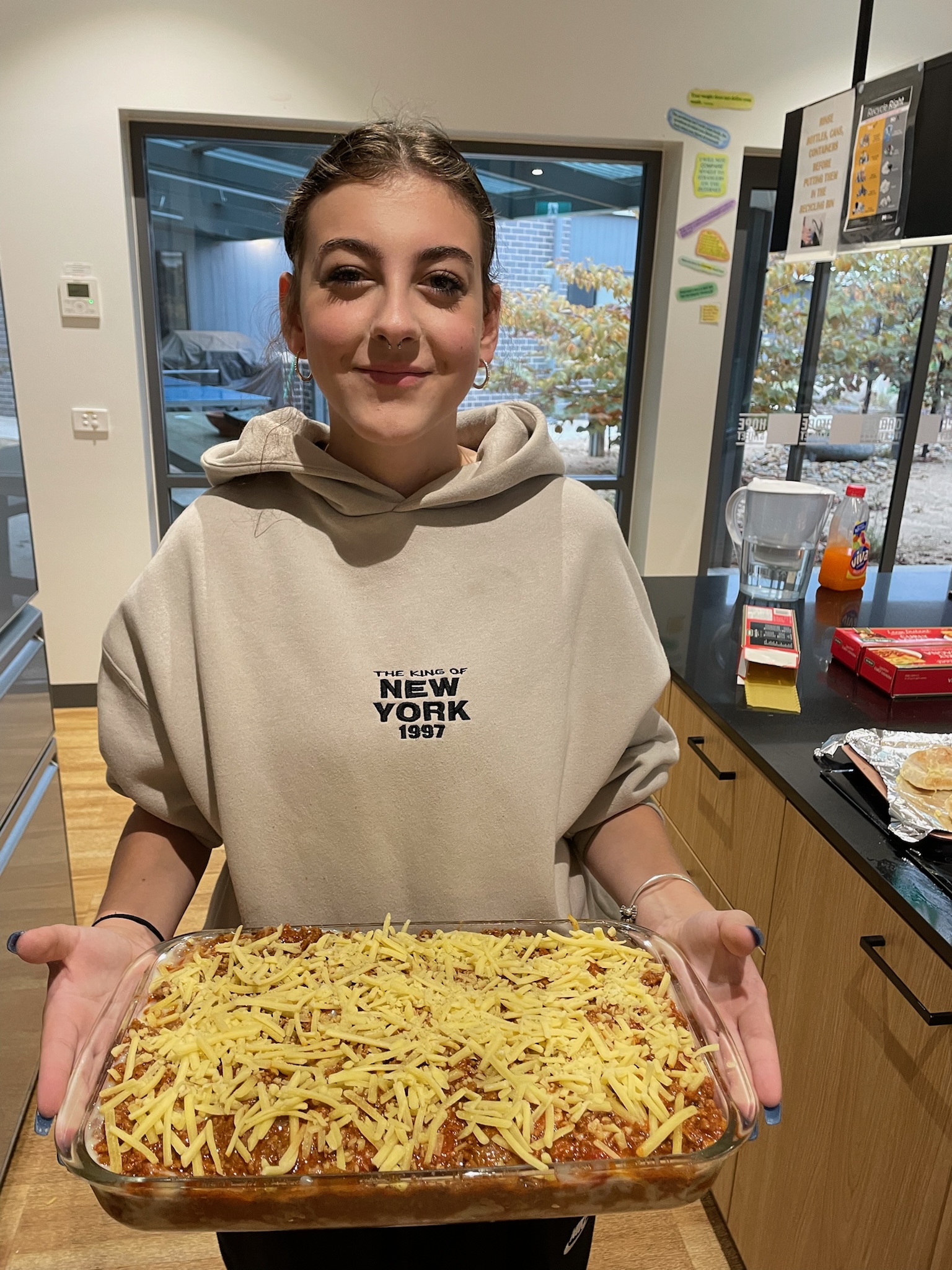
Learning to budget, plan meals, grocery shop and cook are vital for young people’s development towards independence.
Hope Street fosters a supportive and nurturing environment for young people to learn essential living skills such as cooking, nutrition and meal preparation on a very lean budget.
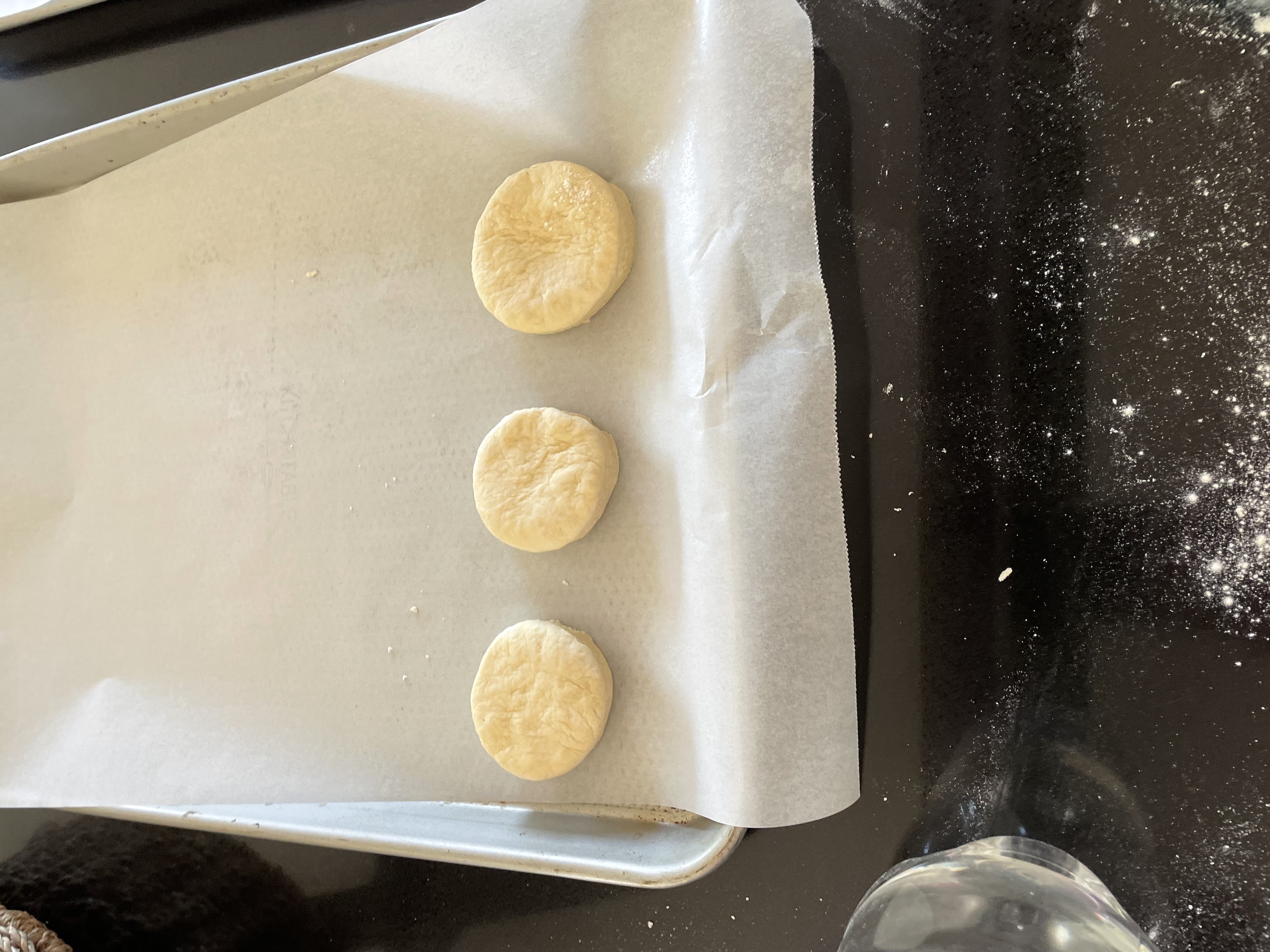
Being homeless young particularly when sleeping rough means young people do not have access to a kitchen to store or cook food and end up eating unhealthy fast food. It is an incredibly disruptive situation for young people, furthermore, barriers to food security especially cost, creates further stress and poor health on young people who are already highly distressed and traumatised by the situation of no so place to live.
Hope Street’s service ensures that young people can always access groceries and participate in cooking lessons to build their skills and knowledge in the kitchen making delicious and nutritional food with confidence. Young people are always encouraged to share their cooking knowledge and abilities with each other in the Hope Street Living Skills 101 programs. A highlight of this, is young people cooking meals that reflect their cultural background. Being able to cook culturally familiar meals is comforting for the young person cooking and very much enjoyed by the other residents of the programs when sharing a meal. It is also a positive step in promoting understanding and awareness of other cultures.
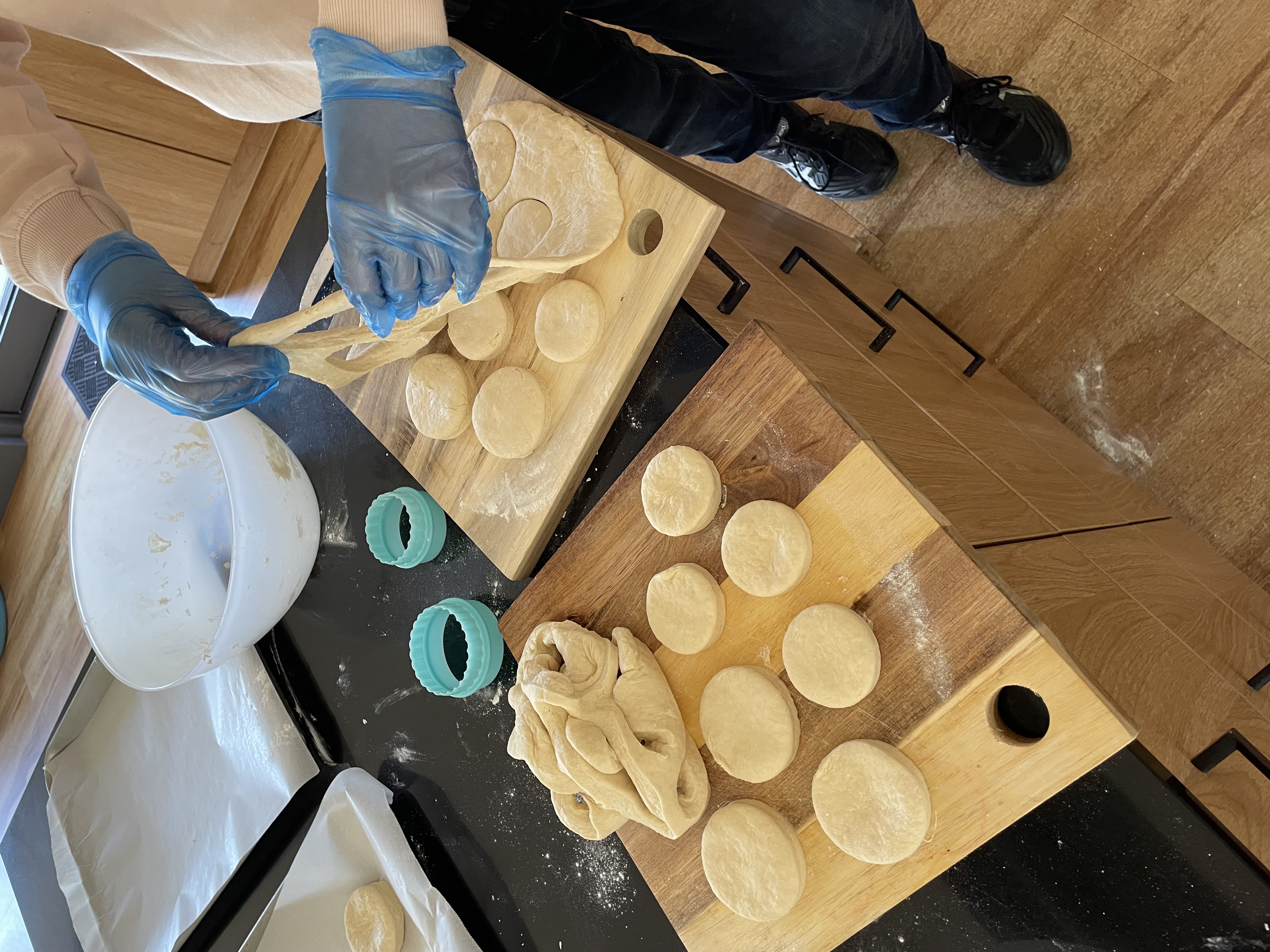
Most importantly, Hope Street’s youth refuges in Melton and Brunswick, as well as the transitional housing in Melton and Thomastown, provide full pantries that are well stocked with a variety of ingredients for meal preparation to be selected and enjoyed.
Young people are also able to receive vouchers for grocery items to go shopping and select which meals and snacks they’d like to enjoy. Fresh scones and homemade lasagne were on the grocery list to be made from scratch this month!
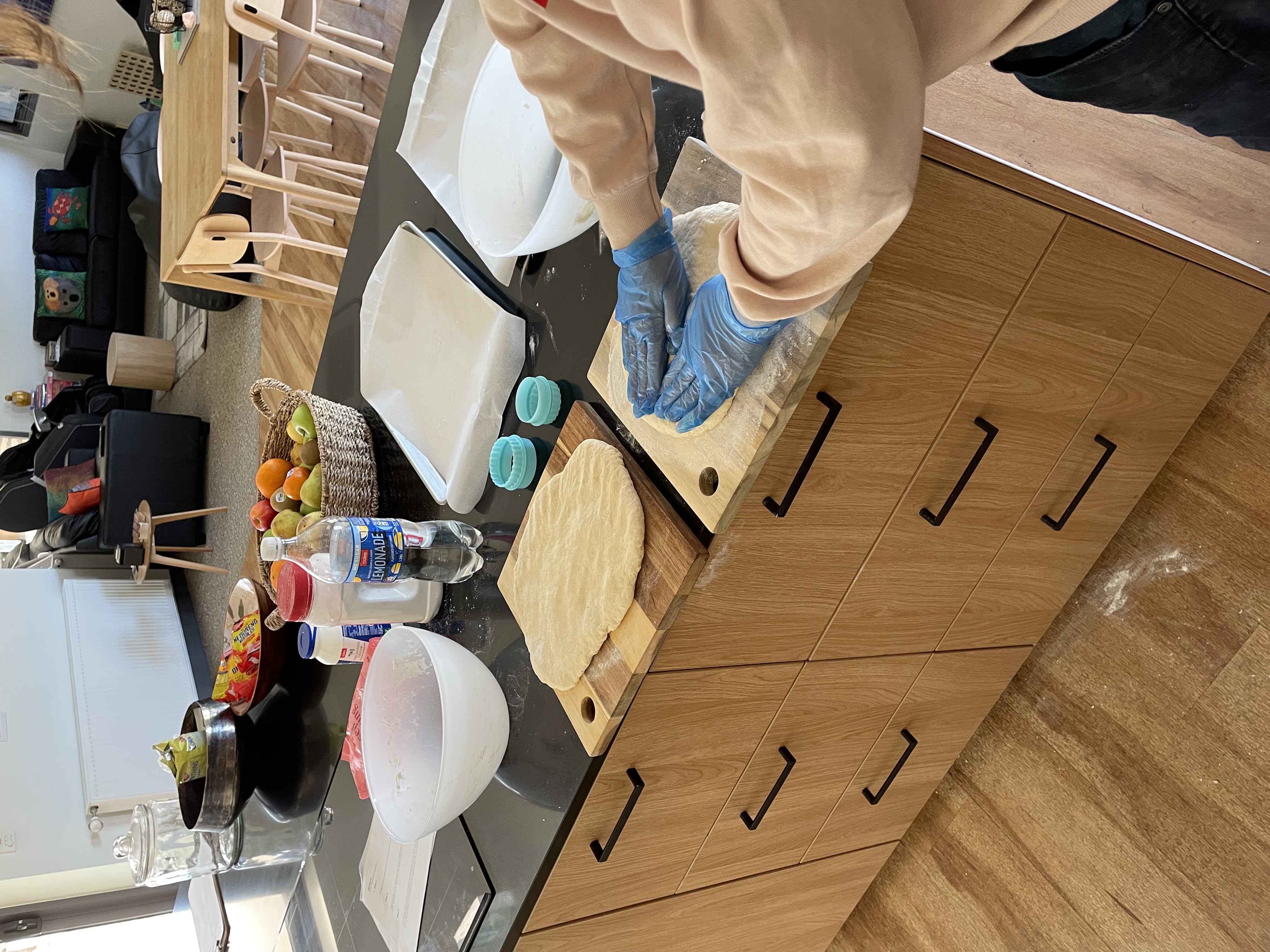
Recently Juliette* and Amy* were able to learn how to make lasagne from a recipe book at the Melton First Response Youth Refuge. Layered with fresh pasta sheets, cheese sauce and tomato-based mince, this comfort food was enjoyed by all young people onsite.
On the weekend a young mum at the Melton refuge family unit chose to make afternoon tea with a scone recipe to be served with fresh whipped cream and jam.
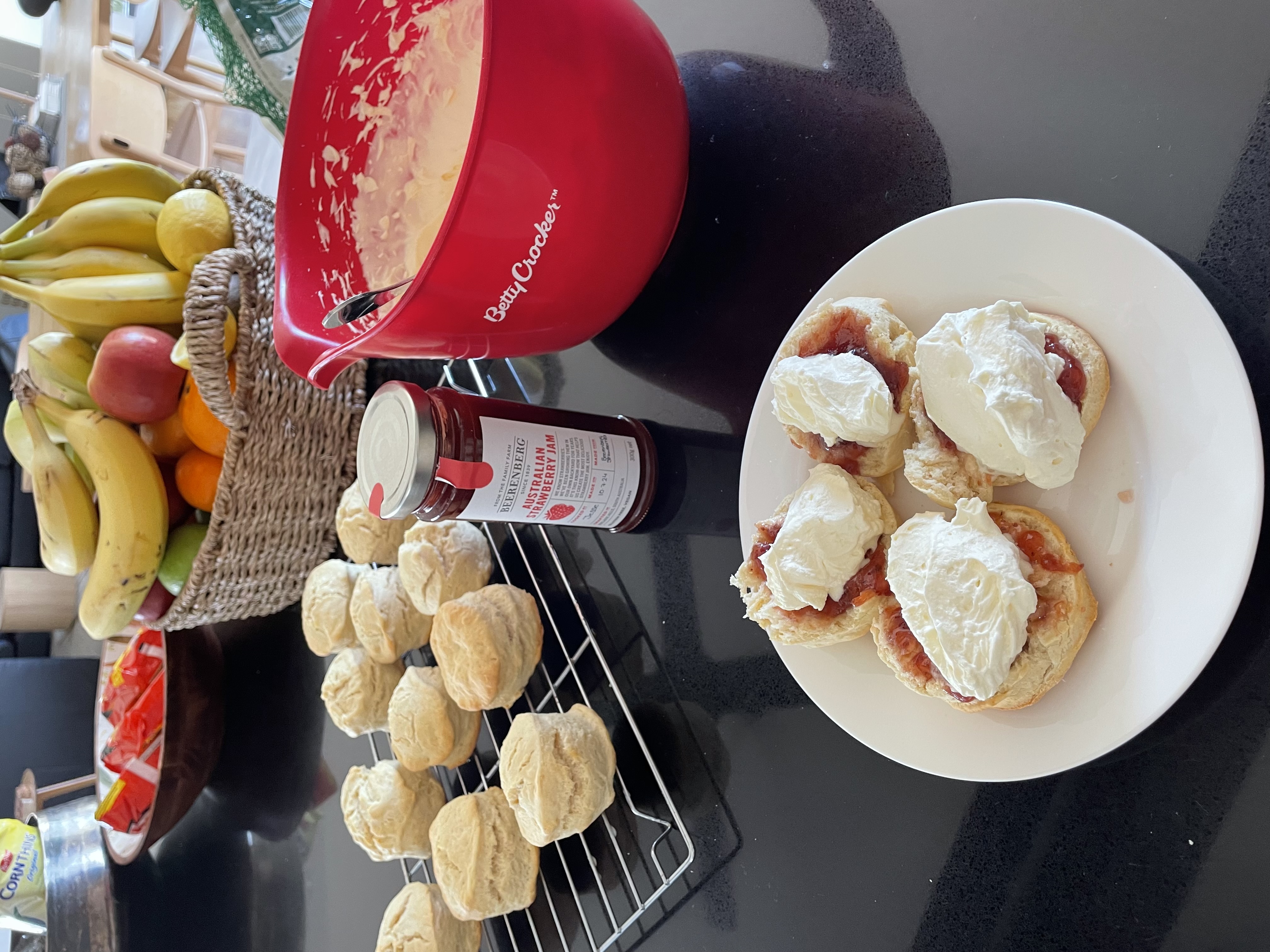
Providing a comfortable and safe environment for young people to develop and test their cooking abilities is foundational to Hope Street’s offer to help young people achieve their goals and become more confident with being independent.
*Names have been changed to protect privacy.


